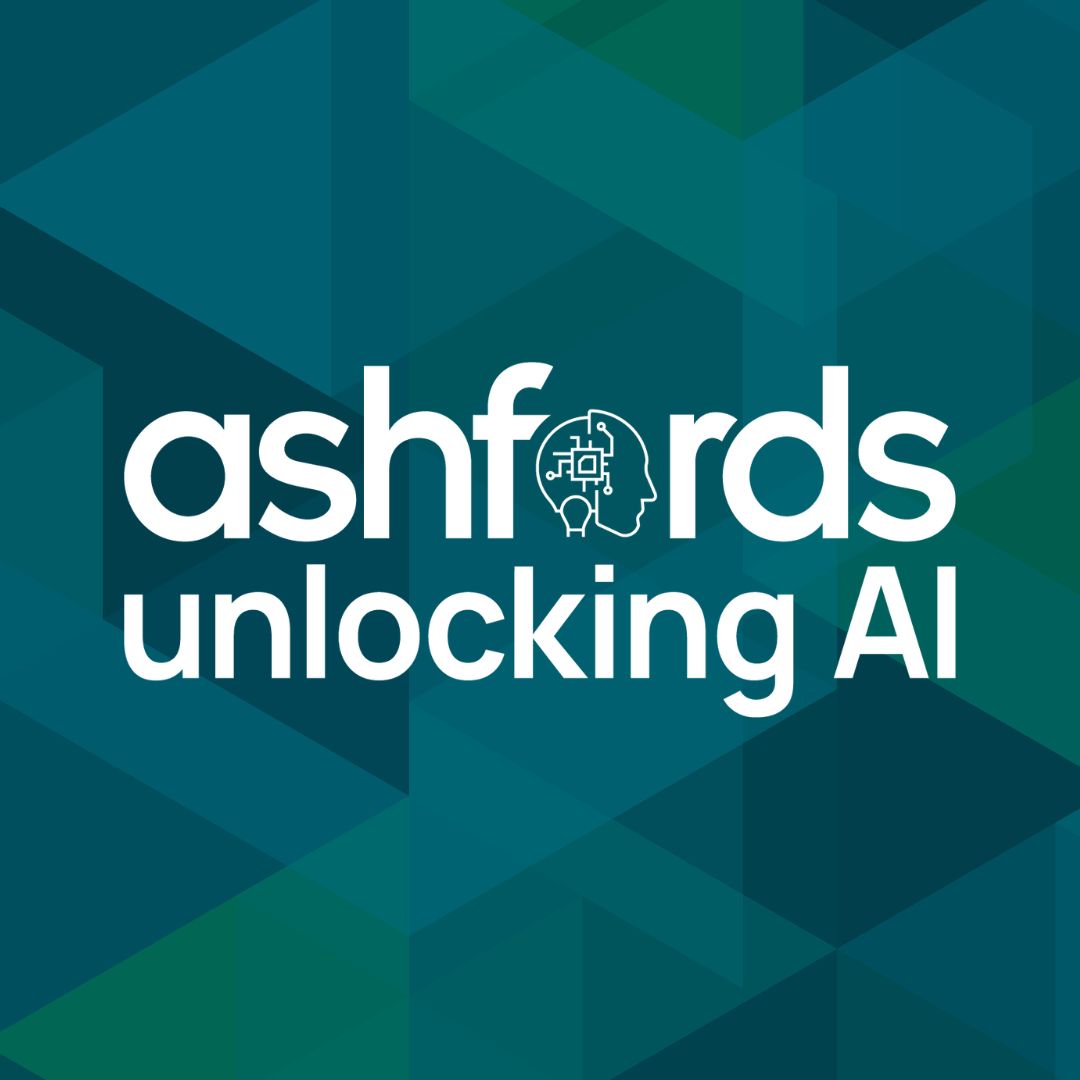As technology advances at an unprecedented pace, the integration of artificial intelligence (AI) in various industries, including human resources (HR), has become increasingly prevalent. AI promises to streamline HR processes, improve efficiency and reduce costs. We addressed these benefits in our last article.
The growing dependence on AI in HR raises several concerns about the potential risks and challenges associated with replacing human touch, with automated algorithms. This article, written with the assistance of AI, aims to shed light on the risks of relying solely on AI in HR. It will also describe the importance of striking a balance between technology and human interaction, to ensure a fair and inclusive work environment.
One of the significant concerns when using AI in HR is the risk of perpetuating bias and discrimination. AI algorithms are only as unbiased as the data they are trained on. If historical data used to train AI models contain biases, these biases can be amplified and inadvertently perpetuated in decision-making processes. This could lead to discriminatory hiring practices, biased performance evaluations and unequal opportunities for employees from diverse backgrounds. To combat this risk, HR professionals must diligently review and address biases in the AI system's design and data inputs.
Human resources is inherently a field that requires empathy, understanding and emotional intelligence. While AI can efficiently handle repetitive tasks and analyse vast amounts of data, it lacks the ability to comprehend the nuances of human emotions and behaviours. Employees may feel disengaged or disconnected when interacting with AI-driven systems, leading to reduced job satisfaction and less effective conflict resolution. Maintaining human involvement in HR ensures that employees receive the emotional support they may require during difficult times, fostering a more positive and compassionate workplace culture.
AI in HR often relies on collecting and processing vast amounts of employee data. This raises concerns about employee privacy and data security. Mishandling of sensitive data could lead to breaches, unauthorised access or misuse of personal information. Businesses must implement robust data protection policies, adhere to industry regulations and ensure transparency regarding the use of AI and the data collected. Employees should be aware of the type of data collected, the purposes it serves, and their rights concerning data privacy.
AI-driven HR systems may offer standardised solutions for common HR issues. While this can improve efficiency, it can also lead to a lack of individualised attention and support for employees' unique needs. Each employee brings their strengths, weaknesses and experiences to the workplace. Relying solely on AI to manage employee performance, development and well-being could neglect the personal touch required for truly understanding and nurturing talent.
The workplace is a social environment where human connections play a crucial role in fostering collaboration and team cohesion. Over-reliance on AI may diminish human interaction, leading to a sense of isolation and disengagement among employees. Face-to-face interactions with HR professionals allow employees to express their concerns, seek guidance and build trust within the organisation. Balancing AI with human intervention can ensure a harmonious blend of efficiency and emotional support.
The increasing use of AI in HR offers undeniable benefits, such as streamlined processes and data-driven decision-making. However, we must approach this transformation thoughtfully, recognising the potential risks it poses to the human touch in human resources.
Striking the right balance between technology and human interaction is essential, to create a workplace environment that values both efficiency and empathy. By addressing biases, ensuring data privacy and maintaining human connections, HR professionals can leverage AI to augment their capabilities rather than replace them. This would foster a more inclusive, supportive and fair workplace for all.
For more information, please contact our employment team.
If you are interested in how AI will change business and the law, visit and bookmark our Spotlight AI hub for more AI insights. The Hub brings together commentary from Ashfords’ experts, our clients and our contacts across a wide range of areas; looking at how AI might impact as its use evolves.
Please do also get in touch if there are any specific areas related to AI that you’d be interested in hearing more about.
Visit our AI spotlight area